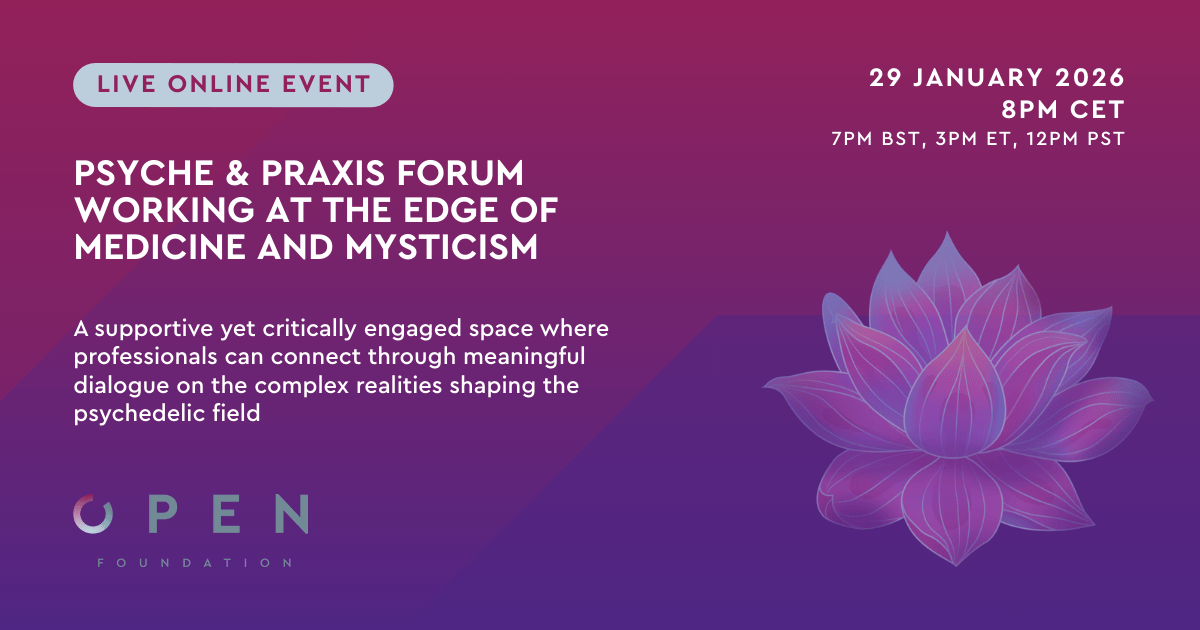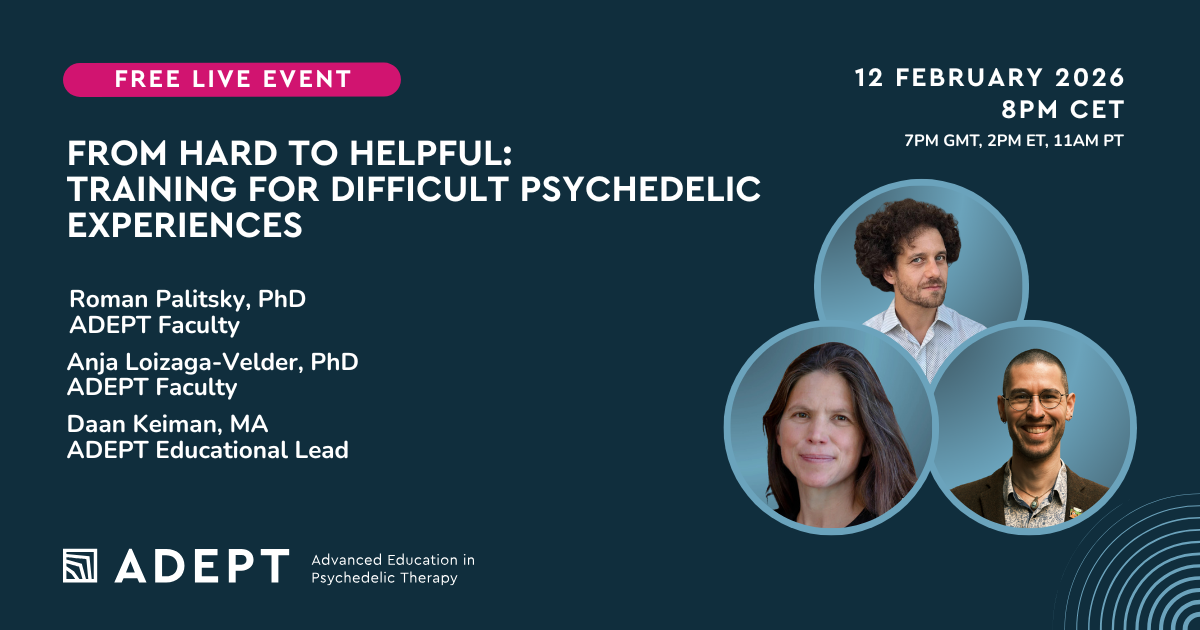Abstract
Rationale: ±3,4-methylenedioxymethamphetamine (MDMA) is widely believed to increase sociability. The drug alters speech production and fluency, and may influence speech content. Here, we investigated the effect of MDMA on speech content, which may reveal how this drug affects social interactions.
Method: Thirty-five healthy volunteers with prior MDMA experience completed this two-session, within-subjects, double-blind study during which they received 1.5 mg/kg oral MDMA and placebo. Participants completed a five-minute standardized talking task during which they discussed a close personal relationship (e.g. a friend or family member) with a research assistant. The conversations were analyzed for selected content categories (e.g. words pertaining to affect, social interaction, and cognition), using both a standard dictionary method (Pennebaker’s Linguistic Inquiry and Word Count: LIWC) and a machine learning method using random forest classifiers.
Results: Both analytic methods revealed that MDMA altered speech content relative to placebo. Using LIWC scores, the drug increased use of social and sexual words, consistent with reports that MDMA increases willingness to disclose. Using the machine learning algorithm, we found that MDMA increased use of social words and words relating to both positive and negative emotions.
Conclusions: These findings are consistent with reports that MDMA acutely alters speech content, specifically increasing emotional and social content during a brief semistructured dyadic interaction. Studying effects of psychoactive drugs on speech content may offer new insights into drug effects on mental states, and on emotional and psychosocial interaction.
Baggott, M. J., Kirkpatrick, M. G., Bedi, G., & de Wit, H. (2015). Intimate insight: MDMA changes how people talk about significant others. Journal of Psychopharmacology, 0269881115581962. https://dx.doi.org/10.1177/0269881115581962
Link to full text











